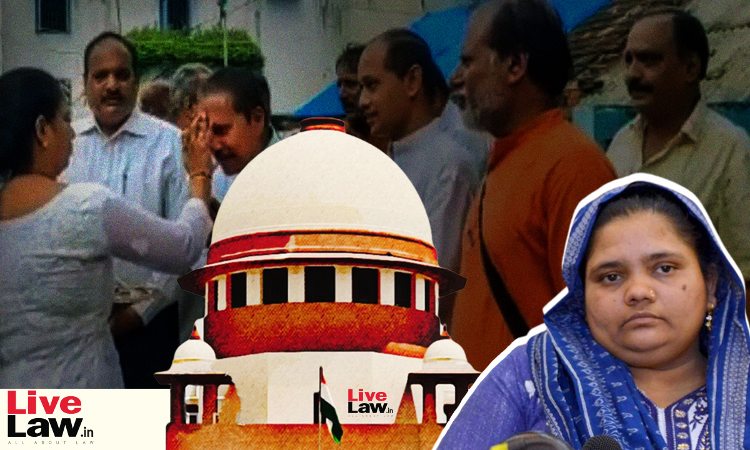Do the men convicted for brutally gang-raping Bilkis Bano and killing her entire family in front of her eyes deserve the leniency they have been accorded, Advocate Shobha Gupta asked the Supreme Court of India on Monday, while arguing that the punishment befalling the convicts ought to be proportional to the nature and seriousness of the crime committed by them. A bench of Justices...

